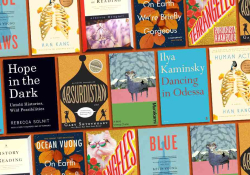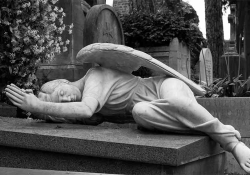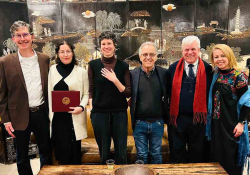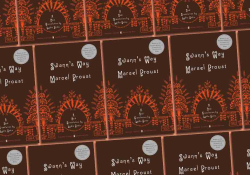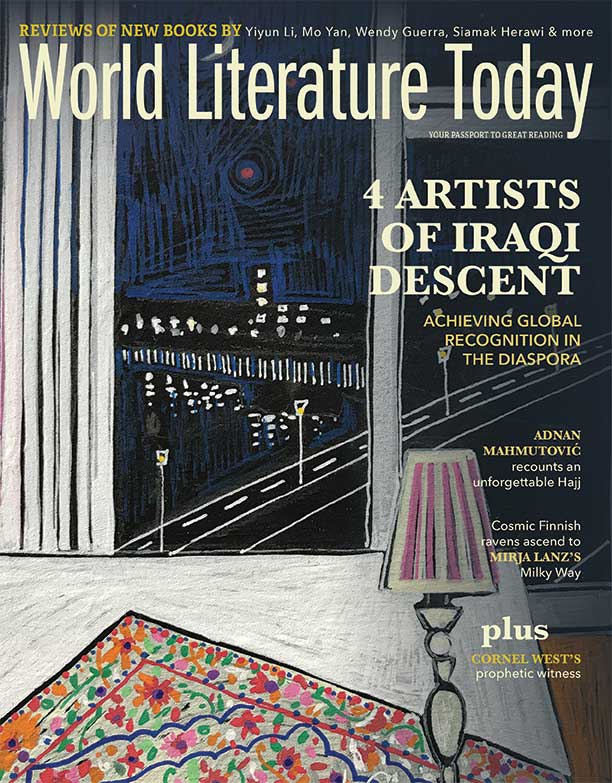75 Years Ago in These Pages
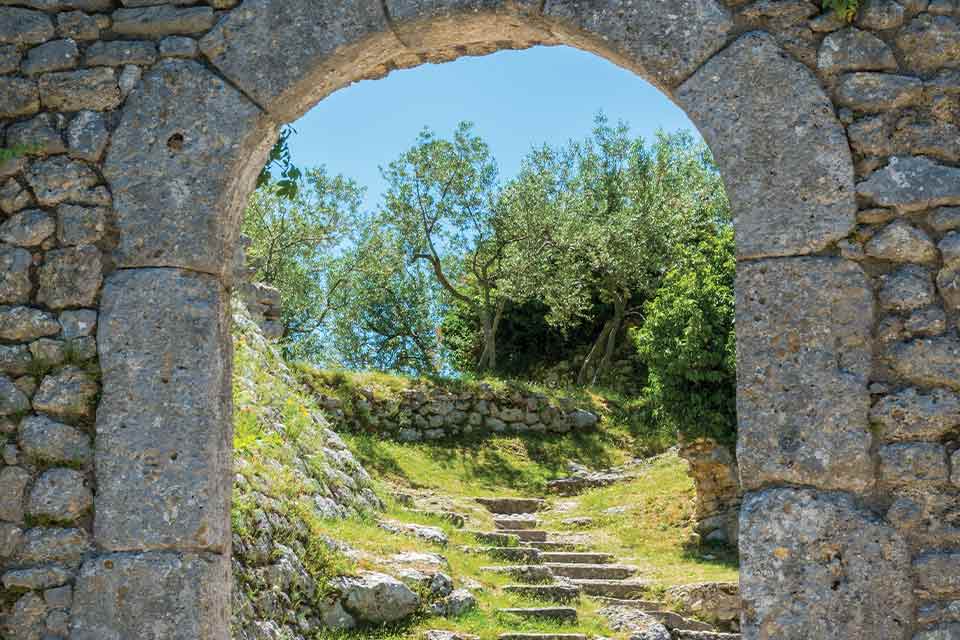
These studies [of literature] are the food of youth, the delight of old age; the ornament of prosperity, the refuge and comfort of adversity; a delight at home, and no hindrance abroad; they are companions by night, and in travel, and in the country.
—Cicero, “For Archias,” in Orations, trans. C. D. Yonge
“Last night being one of those bright and windy nights when not air alone but light itself seems to blow through the open window, I lay awake—so long, in fact, that the desire for sleep was lost. There are several such nights in a year. As after prolonged fasting, the appetite vanishes; a clarity and lightness take hold of the mind. The mind itself feels swept clean to its outermost corners. But this is illusion. Some shred, unseen at first, clings like a cobweb. On such nights as this, if I am lucky enough to remember, I think of Cicero’s words. Rather, I begin by thinking of them or else end so. He is speaking of the study of literature, but its production might be included, for Archias was a poet as well as a teacher—and it is always a consolation when the mind, fumbling in the dark, strikes pernoctant nobiscum: the reassuring idea that literature and our literary studies spend the nights with us. And the realization that they behaved thus obligingly even twenty centuries ago.”
—Herman Salinger, “Confessions of a Translator,”
Books Abroad 22, no. 4 (Autumn 1948): 352


